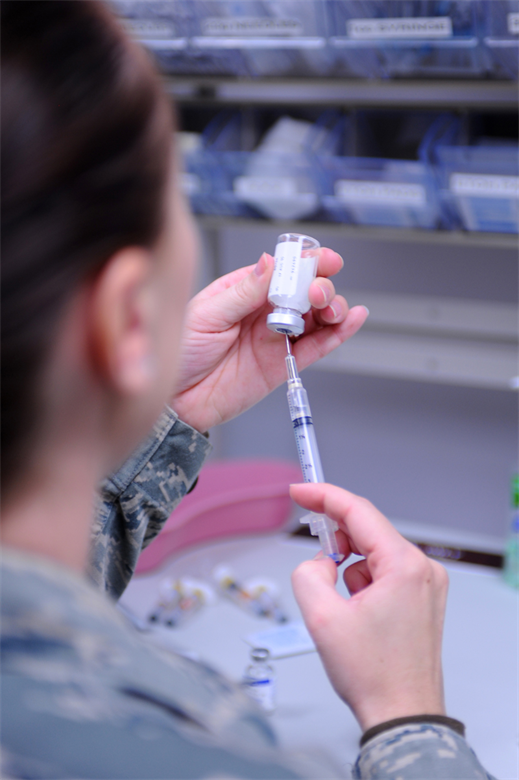No substantial difference in risk of HIV infection for three different forms of contraception, reports Lancet study
A new study has questioned previous research which suggested that some contraception methods may increase women’s susceptibility to HIV infection. The risk, it argues, is the same no matter what the method of contraception.
The trial of more than 7,800 African women found that a type of contraceptive injection (intramuscular depot medroxyprogesterone acetate – DMPA-IM) posed no substantially increased risk of HIV acquisition when compared with a copper intrauterine device (IUD) and a levonorgestrel (LNG) implant.
“Our randomised trial did not find a substantial difference in HIV risk among the contraceptive methods evaluated, and all methods were safe and highly effective at preventing pregnancy,” said study co-author Professor Jared Baeten, University of Washington, USA.
Previous research has suggested that some contraceptive methods may increase women’s susceptibility to HIV. However, a new study, published in The Lancet, reported that all three forms of contraception trialled were safe and highly effective, supporting their continued and increased access alongside high quality HIV prevention services.
Co-author Dr Nelly Mugo, Kenya Medical Research Institute, Kenya & University of Washington, USA, cautioned: “It is important to note that none of the contraceptive methods that we evaluated was designed to be protective against HIV. Our results strongly emphasise the need for more aggressive HIV and STI prevention and management efforts for African women, including PrEP and HIV prevention integrated with contraceptive services.”
“It is important to note that none of the contraceptive methods that we evaluated was designed to be protective against HIV. Our results strongly emphasise the need for more aggressive HIV and STI prevention and management efforts for African women”
In addition, use of other highly effective long-acting, reversible contraceptive methods, such as LNG implants and copper IUDs, is rapidly increasing in Africa, but related data on HIV risk are sparse.
The ECHO trial aimed to provide robust evidence on both of these potential risks to inform women’s decision making, contraceptive counselling, and policy maker and regulatory decisions.
The trial took place across 12 sites in eSwatini, Kenya, South Africa, and Zambia, and included 7,829 women aged 16-35 years who were seeking effective contraception. The women were included if they did not have HIV, agreed to use the contraceptive method for 18 months, and had not used any of the three contraceptives included for the past 6 months. The participants were randomly divided into three groups and given DMPA-IM (2,609 women), the copper IUD (2,607), or the LNG implant (2,613). The trial was open-label meaning that the participants and their clinicians knew which contraceptive was being given. The clinicians informed women in the study that their contraceptive did not protect against HIV and advised them to also use condoms.
The researchers tracked how many women developed HIV, and any side effects of the contraception they used. In total, 7,324 women (94% of all women included) completed their final, scheduled visit. The differences in HIV incidence were not significant across the three groups of women.
All three contraceptive methods were well tolerated, with less than 4% of participants in any group reporting any serious adverse event (2%, 49 women in the DMPA-IM group, 4%, 92 women in the copper IUD group).
In addition, all three contraceptives were highly effective, with approximately 1% or less of women getting pregnant while using the contraceptive they were assigned to continuously for one year, however the injection and the implant had lower pregnancy incidence than the copper IUD. The majority of pregnancies (71%, 181 pregnancies) occurred after women discontinued their assigned contraceptive, and overall there were 255 pregnancies in the trial.


